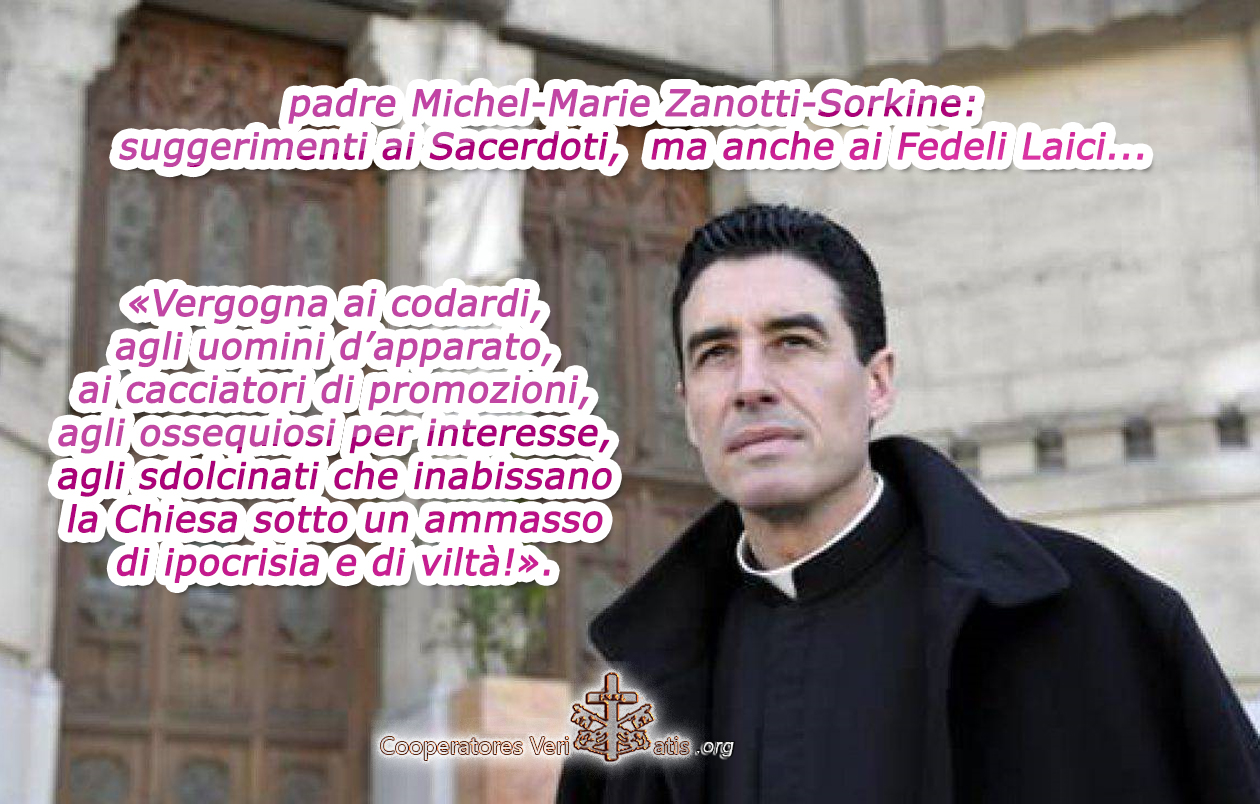Friday, December 7, 2018
Nature includes Metaphysical Nature, Moral Compass
Nature includes both biological reality and the reality of essence, what the thing is of its own weight and how it should behave according to its own way of being: its nature. The nature of a thing identifies the type of being it is, its specific way of being, with its given and necessary qualities which make it what it is.
The concept of physis as metaphysically understood is "...applied concretely in Romans 1:26, which speaks about φυσικὴ χρῇσις and παρά φύσιν χρῇσις, about 'natural' and 'unnatural' sexual relations, meaning here the normal sexual intercourse between a man and a woman as opposed to homosexual behavior. It is clear that here the 'nature' of man and the behavior prescribed by it is understood as genuine guidance for man. ...[T]his concept is found in a much weaker and very generalized form in I Corinthians 11:14 also, where again a "natural" matter--the difference between a man's head of hair and woman's--is taken as guidance concerning right ('natural') behavior.
"It is striking that in these two specific instances, Romans 1:26 and I Corinthians 11:14, the biological relevance to the metaphysical concept is very strong: a concrete biological fact offers guidance. In this regard there is clearly semantic unity with the first usage of the word [the biological referring to race of Romans 2:27 and Romans 11:21].
"...The text of Romans 2:14 reads: οταν γαρ εθνη τα μη νομον εχοντα φυσει τα του νομου ποιωσιν. [= "When Gentiles who have not the law do by nature what the law requires"]. Physis suggests the law to the Gentiles. Those who according to their biological 'physis' are non-Jews and hence do not have the law by that title, are nevertheless inspired by physis, metaphysically understood, to follow the law. Nature is for them a law."
Joseph Ratzinger, "Gratia Praesupponit Naturam" (1962 essay) in Dogma and Preaching (1973), San Francisco: Ignatius, 2011, 156.
The Creator and his creation must be defended against "the theological denial of nature[;]...eschatological Marxism, which knows no 'nature' but only facts that must be changed in order to bring a disastrous world to salvation[;] ...[and] Sartre's existentialist nihilism [teaching that] man has no essence, only existence [and that] each individual creates his essence anew for himself[:] [w]hat he is, is decided only by what he makes... [They must also be defended against] naturalism that regards the distinction between nature and grace as the building up of a totally meaningless supernatural world that must be dismantled as an 'ideology' in favor of what alone is real... Under the pretext of dispensing with ideologies, man is left uncritically to himself and to the powers that be, which can suggest to him that they are reality and life. In the end, the naturalism that melts grace down into nature leads to the same result as the supranaturalism that disputes the existence of nature and, be denying creation, makes grace meaningless as well. The fanaticism of those homilists who mock nature, presumably for the sake of grace, is always frighteningly close to the cynicism of the atheists who mock God for the sake of his creation." Ibid., 144.
Ratzinger also points out that with the coming of Christianity "...the biological concept of nature becomes a theological concept in a new sense: nature is understood, not in terms of biology or rational metaphysics, but rather in terms of the concrete history that has taken and is taking place between God and man." Ibid. 156-157. All men have inherited the fallen nature of sin and death and need to be saved by the gift of God's grace in Christ and by faith. "'Christian humanism is a converted humanism.' ...It is essential to the spirit not to be self-satisfied, to bear within itself the arrow pointing beyond itself. ...[T]he Cross is not the 'crucifixion of man' at all, as Nietzsche thought, but rather his true healing, which saves him from the deceptive self-sufficiency in which he can only lose himself and miss out on the endless promise that lies within him for the sake of the bourgeois mush of his supposed naturalness. ...The humanity of God--this is indeed the true humanity of man, the grace that fulfills nature." Ibid., 160-161
































